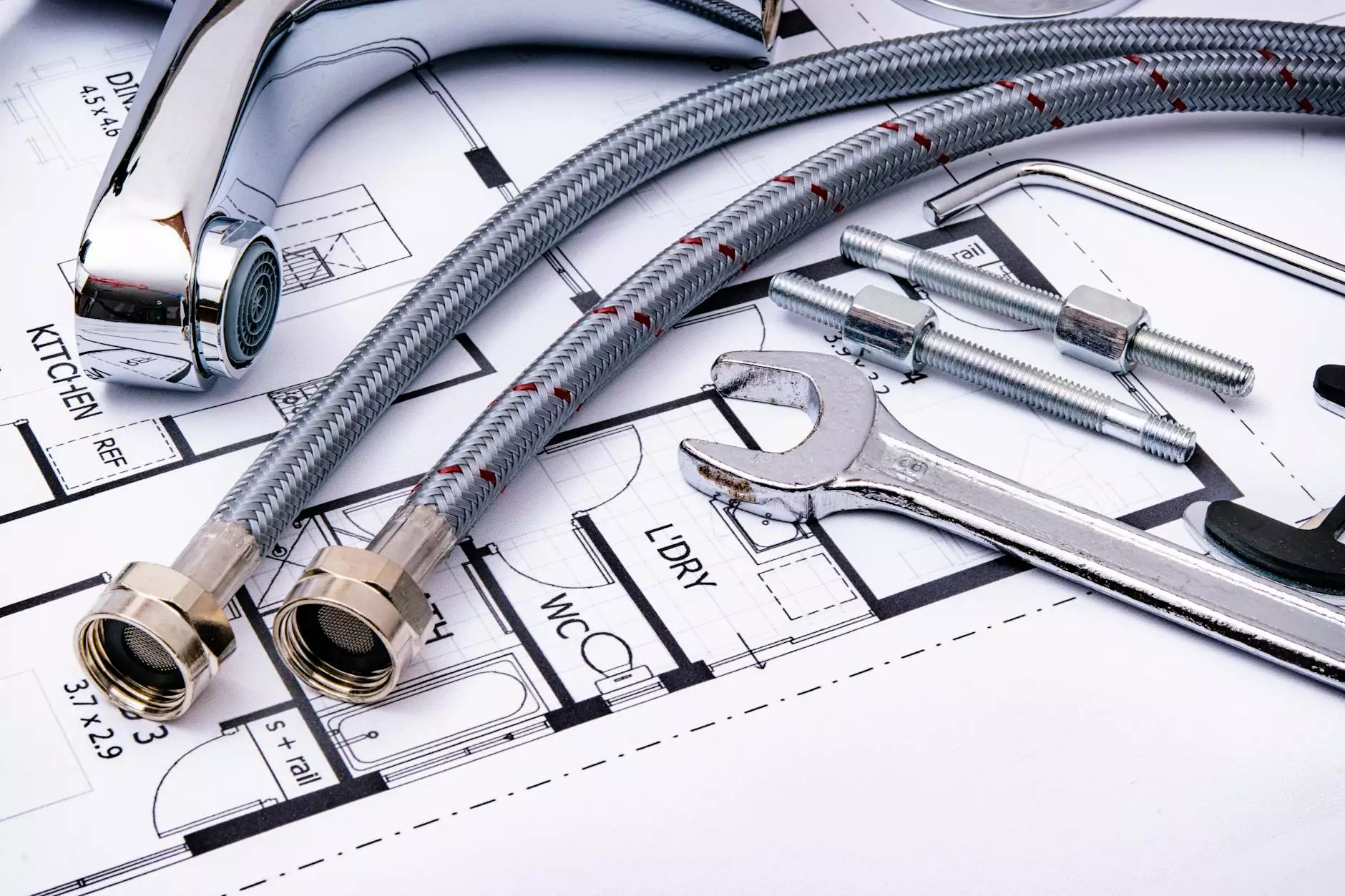The Importance of Gas Trains in Home Services and Plumbing Contractors

Gas trains play a crucial role in the smooth functioning of various appliances and systems found in residential and commercial settings. In the context of home services and plumbing contractors, a gas train is an essential component that ensures the safe and efficient usage of gas-powered equipment.
What is a Gas Train?
A gas train refers to a set of components and safety devices assembled together to control and regulate the flow of gas within a system. It typically includes valves, filters, pressure regulators, pressure switches, gas solenoid valves, flame arrestors, and other necessary fittings. Gas trains are commonly found in applications such as boilers, furnaces, water heaters, and industrial heating systems.
The Functioning of a Gas Train
A gas train works by following a specific sequence of steps to ensure the safe and efficient operation of gas-powered equipment. Let's explore each step in detail:
1. Gas Supply
The gas train starts with the gas supply, where the gas enters the system from an external source, such as a gas line. This initial stage involves proper connection and sealing of the gas piping to prevent leaks and ensure a steady gas supply.
2. Gas Filter
Next in line is the gas filter, which is crucial for removing any impurities or debris present in the gas. This filter prevents clogs and potential damage to downstream components, thereby maintaining the longevity and performance of the gas train.
3. Gas Pressure Regulator
Once the gas is filtered, it passes through a pressure regulator. The primary role of the gas pressure regulator is to maintain a consistent and safe gas pressure downstream. It ensures that the gas supply remains within the specified operating range of the equipment it serves.
4. Safety Devices
Gas trains incorporate several safety devices, such as pressure switches, gas solenoid valves, and flame arrestors, to ensure the overall safety of the system. These devices monitor and control various parameters, including gas pressure, temperature, and flame presence. In the event of any anomalies, they act swiftly to shut off the gas supply and prevent potential hazards.
5. Control Valves
The control valves within the gas train allow for precise control over the gas flow. These valves are responsible for regulating the gas input based on the desired operating conditions, such as temperature or pressure. They ensure the proper functioning of the connected equipment and facilitate energy efficiency.
6. Ignition System
In gas-powered appliances, such as boilers or furnaces, an ignition system is present within the gas train. This system provides a controlled spark or flame to initiate the combustion process. It works in tandem with the safety devices to ensure reliable ignition and flame monitoring.
7. Exhaust Flue
Finally, the exhaust flue helps remove combustion byproducts and emissions safely out of the system. It plays a critical role in maintaining clean and efficient combustion, while also preventing the buildup of harmful substances within the appliance.
Importance of Gas Trains in Home Services and Plumbing Contractors
In the realm of home services and plumbing contractors, gas trains are of utmost importance due to the nature of their work. Plumbing professionals and contractors who specialize in gas installations, repairs, and maintenance heavily rely on gas trains to ensure the safe and optimal functioning of various gas-powered equipment.
Proper installation and maintenance of gas trains are vital to comply with regulatory standards, prevent accidents, and optimize energy consumption. Plumbing contractors need to possess an in-depth understanding of gas trains to handle their clients' needs efficiently and effectively.
Gas train failures or malfunctions can lead to gas leaks, improper combustion, decreased equipment efficiency, or even hazardous situations like fires or explosions. By prioritizing the usage of robust and high-quality gas trains, home service providers and plumbing contractors can offer their clients reliable and safe gas installations, repairs, and maintenance services.
Gas Train Maintenance and Inspection
Regular maintenance and inspection of gas trains are crucial to ensure their longevity and optimal performance. Plumbing professionals are responsible for examining and servicing gas trains periodically to identify any potential issues and address them promptly.
It is essential to follow the manufacturer's recommendations and industry-accepted practices when it comes to gas train maintenance. Routine cleaning of filters, checking pressure regulators, inspecting safety devices, and verifying proper valve operation are some common tasks performed during maintenance visits.
Choosing Reliable Home Services and Plumbing Contractors
When seeking assistance with gas installations, repairs, or maintenance, it is vital to choose reliable home services and plumbing contractors that prioritize safety and quality. Look for professionals who exhibit expertise in handling gas trains and possess the necessary licenses and certifications to perform their work.
Reputable contractors should have a proven track record of delivering exceptional service and ensuring customer satisfaction. They should also stay up-to-date with the latest industry trends and best practices, including advancements in gas train technology.
Conclusion
Gas trains are fundamental to the proper functioning of gas-powered equipment in residential and commercial settings. Home service providers and plumbing contractors play a crucial role in installing, maintaining, and repairing gas trains to ensure safe and reliable gas system operation.
By understanding the importance of gas trains and their components, homeowners and businesses can make informed decisions when selecting the right professionals for their gas-related needs. Prioritizing safety, quality, and regular maintenance will lead to enhanced efficiency, reduced risks, and peace of mind.



